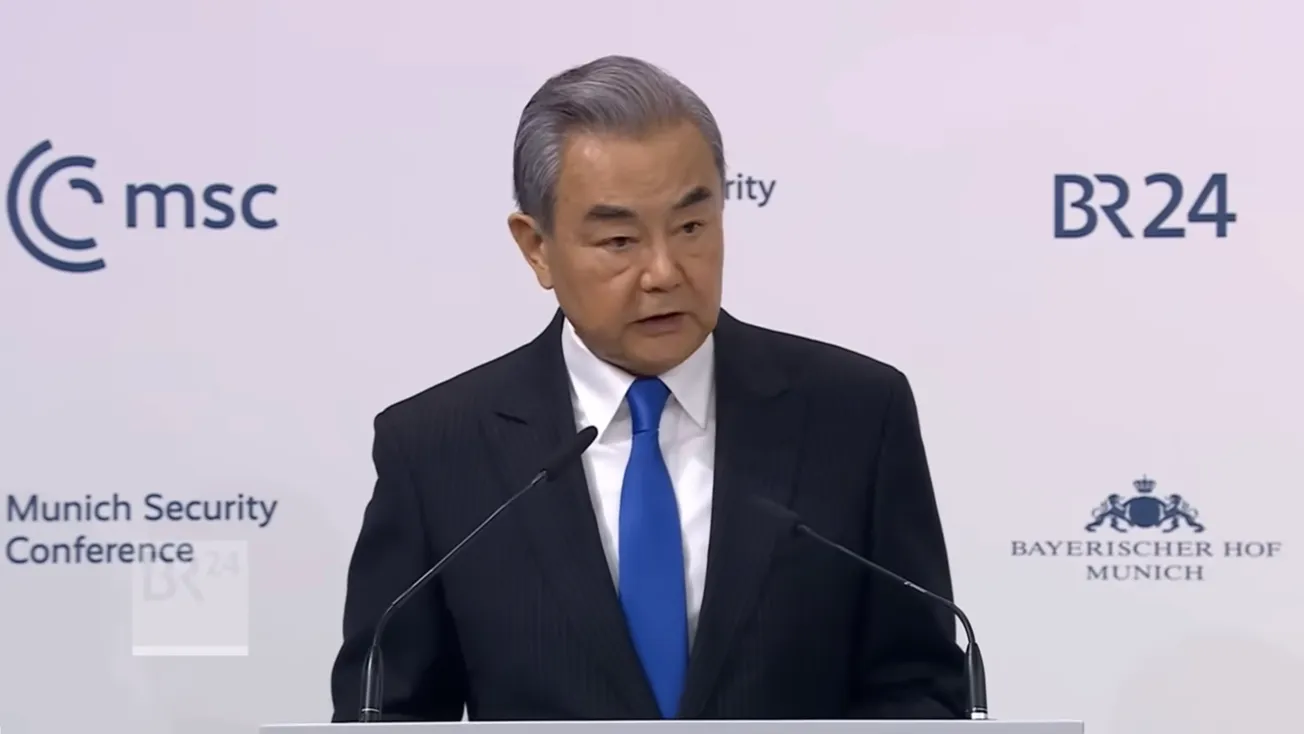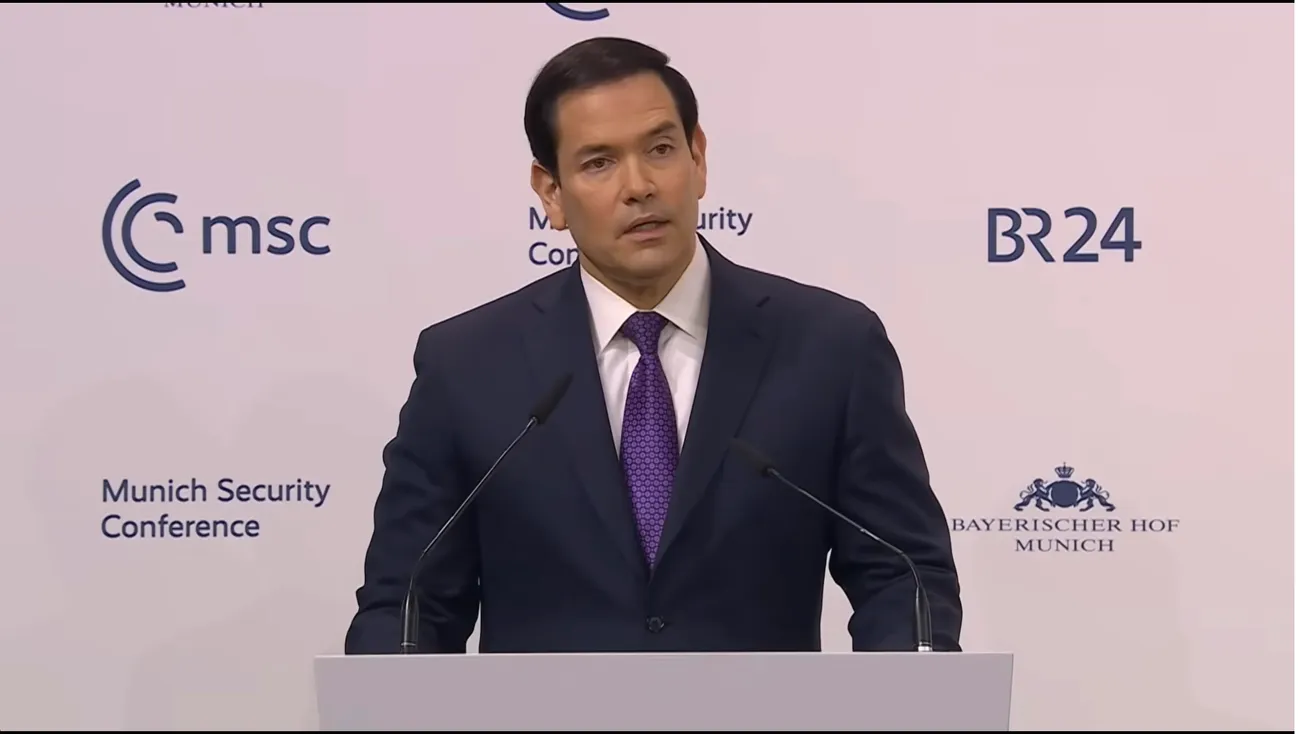In fighting COVID, China’s President Xi Jinping said that we must put life and people first. He also expressed the need for cooperation between nations in fighting a disease that knows no borders. “Facing the virus, we should enhance solidarity and get this through together,” Xi said. “We should follow the guidance of science, give full play to the leading role of the World Health Organization, and launch a joint international response to beat this pandemic. Any attempt of politicizing the issue or stigmatization must be rejected.”
In this fight, he particularly stressed the need to come to the assistance of the developing countries, especially in Africa. He pointed to the role China intends to play in this process. “Seventy-five years ago, China made historic contributions to winning the World Anti-Fascist War and supported the founding of the United Nations. Today, with the same sense of responsibility, China is actively involved in the international fight against COVID-19, contributing its share to upholding global public health security. Going forward, we will continue to share our epidemic control practices as well as diagnostics and therapeutics with other countries, provide support and assistance to countries in need, ensure stable global anti-epidemic supply chains, and actively participate in the global research on tracing the source and transmission routes of the virus.”
He promised that when a vaccine is available it should be made a “public good” rather than a private prerogative. He also urged that the developing countries, (which have the least developed medical systems) be given priority access to the vaccine.
COVID has also reminded people that we live in a global village, Xi said, embarking on his second main theme, that of cooperation rather than rivalry. “All countries are closely connected and we share a common future. No country can gain from others’ difficulties or maintain stability by taking advantage of others’ troubles. To pursue a beggar-thy-neighbor policy or just watch from a safe distance when others are in danger will eventually land one in the same trouble faced by others. This is why we should embrace the vision of a community with a shared future in which everyone is bound together. We should reject attempts to build blocs to keep others out and oppose a zero-sum approach. We should see each other as members of the same big family, pursue win-win cooperation, and rise above ideological disputes and do not fall into the trap of ‘clash of civilizations.’ More importantly, we should respect a country’s independent choice of development path and model. The world is diverse in nature, and we should turn this diversity into a constant source of inspiration driving human advancement.”
Xi also declared that economic globalization is with us whether we like it or not. “Burying one’s head in the sand like an ostrich in the face of economic globalization or trying to fight it with Don Quixote’s lance goes against the trend of history. Let this be clear: The world will never return to isolation, and no one can sever the ties between countries. We should not dodge the challenges of economic globalization. Instead, we must face up to major issues such as the wealth gap and the development divide. We should strike a proper balance between the government and the market, fairness and efficiency, growth and income distribution, and technology and employment so as to ensure full and balanced development that delivers benefit to people from all countries, sectors and backgrounds in an equitable way.”
And not surprisingly, the Chinese President waxed eloquent over the need for “green” solutions to development, supporting the Paris Agreement on Climate, although every Western environmentalist will interpret his words as a “green light” to solar and wind, rather than to the preferred Chinese nuclear energy alternative to fossil fuels.
And finally, he talked about the need for a reform of global governance and a new development model. “The global governance system should adapt itself to evolving global political and economic dynamics, meet global challenges and embrace the underlying trend of peace, development and win-win cooperation. It is natural for countries to have differences. What’s important is to address them through dialogue and consultation. Countries may engage in competition, but such competition should be positive and healthy in nature. When in competition, countries should not breach the moral standard and should comply with international norms. In particular, major countries should act like major countries. They should provide more global public goods, take up their due responsibilities and live up to people’s expectations.”
Xi also stressed that conflict with other countries was not on the Chinese agenda. “We will never seek hegemony, expansion, or sphere of influence. We have no intention to fight either a Cold War or a hot war with any country. We will continue to narrow differences and resolve disputes with others through dialogue and negotiation. We do not seek to develop only ourselves or engage in a zero-sum game. We will not pursue development behind closed doors. Rather, we aim to foster, over time, a new development paradigm with domestic circulation as the mainstay and domestic and international circulations reinforcing each other. This will create more space for China’s economic development and add impetus to global economic recovery and growth. China will continue to work as a builder of global peace, a contributor to global development and a defender of international order.”



